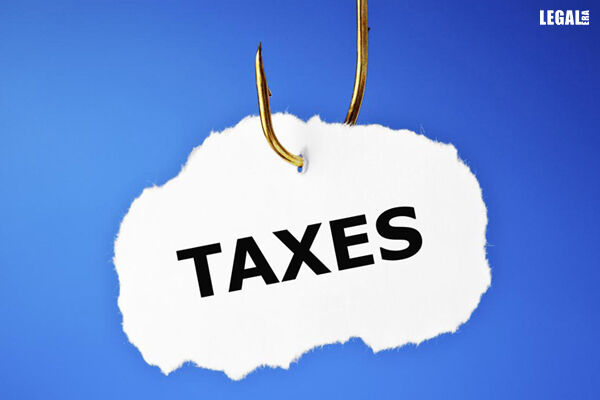
CESTAT Rules IRCTC’s Food Plaza Operations Not Liable for Service Tax Under ‘Renting of Immovable Property
Introduction
The Customs, Excise & Service Tax Appellate Tribunal (CESTAT), New Delhi, has held that the arrangement between Indian Railway Catering and Tourism Corporation Ltd. (IRCTC) and private vendors for operating Food Plazas at railway premises does not amount to ‘renting of immovable property’ and, thus, does not attract service tax under that category.
Factual Background
The Service Tax Department issued a show cause notice demanding ₹ 2,83,44,301 in service tax from IRCTC for the period June 1, 2007 to March 31, 2012. The department alleged that IRCTC had effectively leased out premises to private contractors and failed to pay service tax for renting immovable property.
Contentions of the Parties
Appellant: Contended that the license agreements were not for the use of property but for carrying out catering operations under a revenue-sharing model. IRCTC’s counsel argued that the dominant intention of the agreement was not to lease space, but to enable and regulate the operation of food services.
Respondent: Alleged that the license fees received by IRCTC for allowing private entities to run static units like Food Plazas and kiosks amounted to rent, and that such activity was taxable from June 1, 2007.
Reasoning and Analysis
A two-member coram comprising Judicial Member Binu Tamta and Technical Member P V Subba Rao observed that the essential character of the agreement was operation and management of Food Plazas, and the space provided at the railway stations was merely ancillary and incidental to the implementation of the primary activity. The Tribunal held that the fixed rent element, a key condition for taxing a transaction as renting of immovable property, was missing. The revenue earned by the licensee was shared as a percentage of sales turnover with IRCTC on a revenue-sharing basis.
The Tribunal also examined whether a service provider–service recipient relationship existed between IRCTC and the licensees, a prerequisite for levy of service tax under the Finance Act. It held that there was no concept of service provider and service recipient, and the relationship was on a principal-to-principal basis.
Decision
The Tribunal held that the demand was unsustainable both on merits and on limitation. It ruled that the arrangement between IRCTC and private vendors for operating Food Plazas at railway premises does not amount to ‘renting of immovable property’ and, thus, does not attract service tax under that category.
Implications
The decision clarifies the tax treatment of revenue-sharing arrangements and highlights the importance of examining the essential character of agreements to determine tax liability. The judgment also emphasizes the need for a service provider–service recipient relationship for levy of service tax.
In this case the appellant was represented by Mr. Sanjeev Sachdeva, Mr. Nikhil Kapoor and Ms. Anagha, Advocates. Meanwhile the respondent was represented by Mr. V.K. Jain, Advocate.